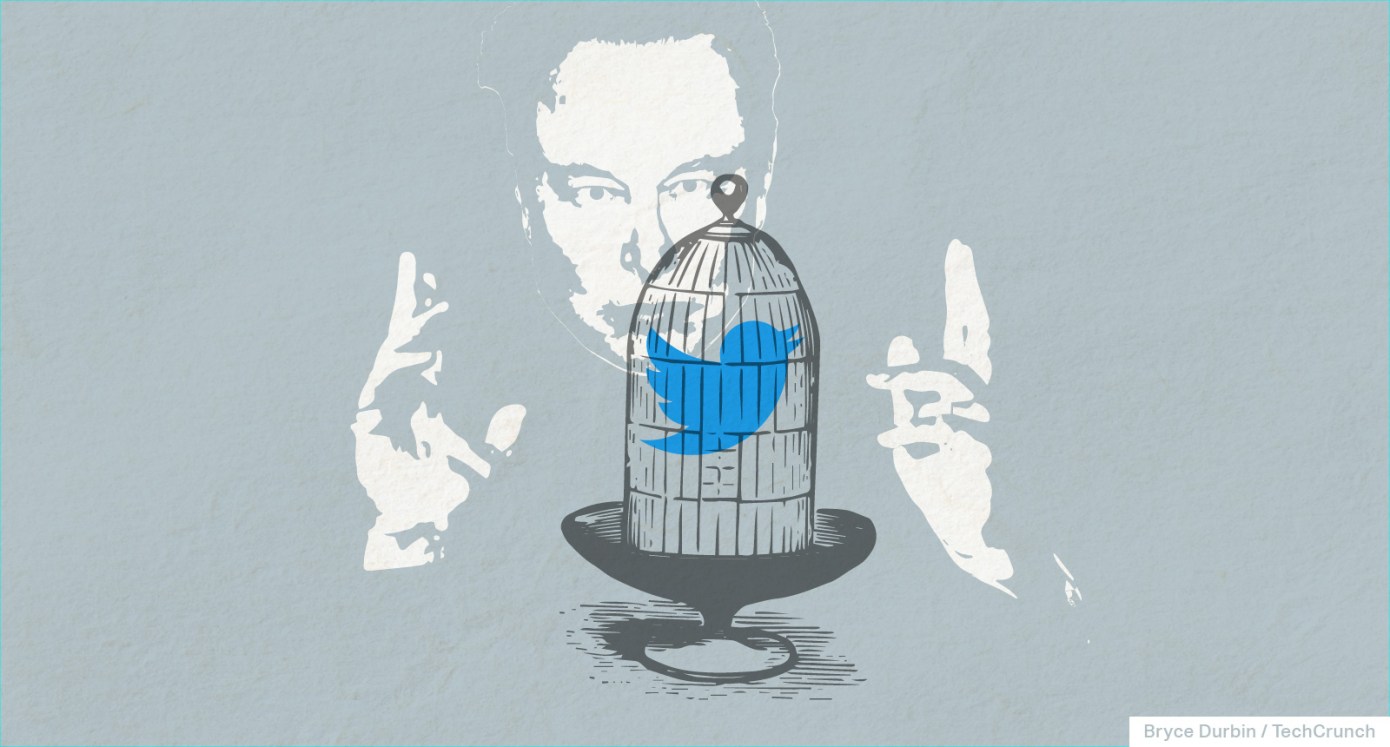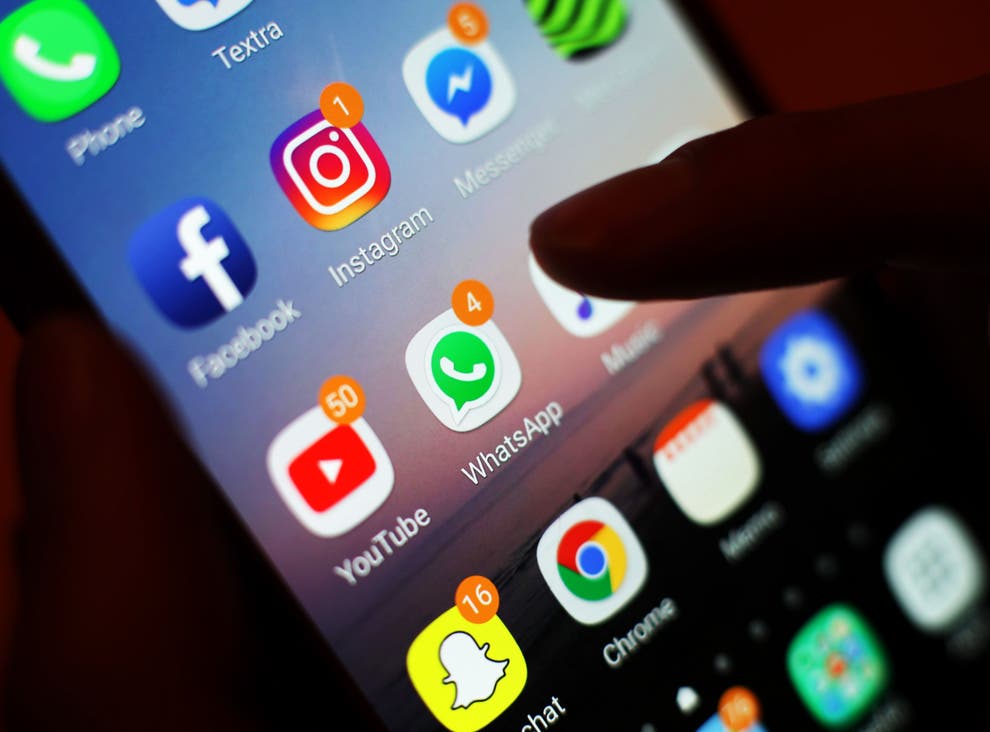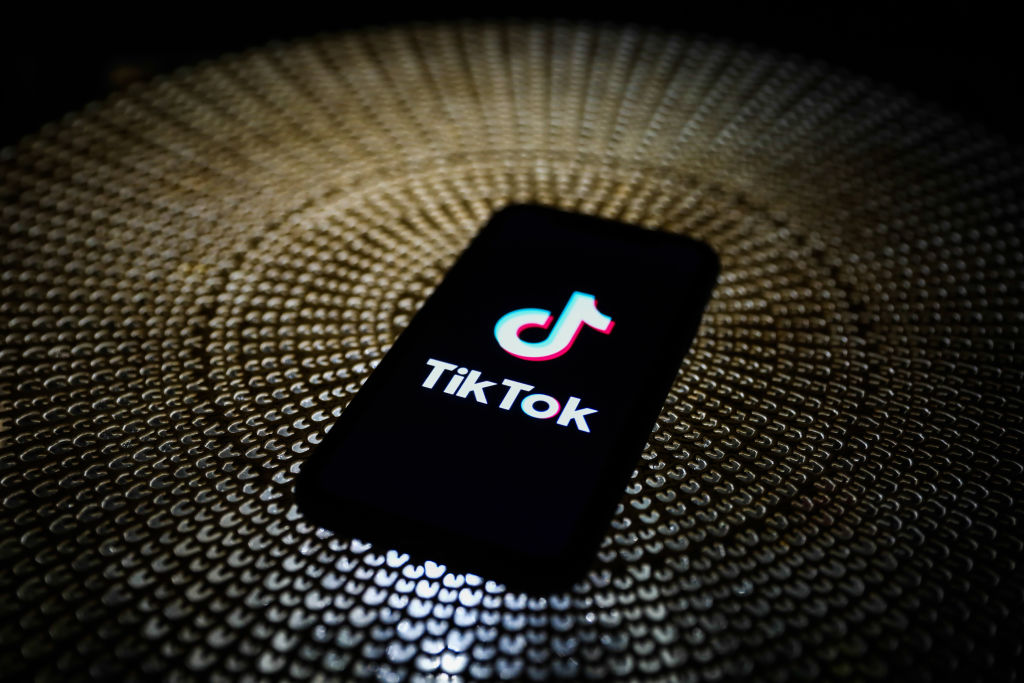Find out the week’s top mobile stories from around the world. Stories this week include… T-Mobile data breach compromised 37 million customers’ data, Twitterrific and other clients begin offloading their apps after Twitter shuts them out, Telcos lead the charge for digital financial services in Asia Pacific and much more…

T-Mobile data breach compromised 37 million customers’ data
Engadget
T-Mobile has admitted that hackers were able to steal the information of around 37 million postpaid and prepaid customers in another major data breach. The carrier said in a regulatory filing that it discovered the issue on January 5th, but that it believes the bad actors had been taking data from the company since November 25th. In a post announcing the breach, T-Mobile revealed that the hackers used an API to steal customer information.
Read more…
Twitterrific and other clients begin offloading their apps after Twitter shuts them out
Tech Crunch
Twitterrific, one of the most iconic third-party Twitter clients, said today that it has removed the iOS and Mac apps from the App Store. Iconfactory, the company that made Twitterrific, said in a blog post that under Elon Musk’s management, the social media network has become “a Twitter that we no longer recognize as trustworthy nor want to work with any longer.”
The app has had a rich association with Twitter. It was one of the first mobile and desktop clients for the platform, and it helped form the word “Tweet”. In fact, Twitterrific was built back in 2007 — even before Twitter made its own iOS app.
How A Company’s Philosophy To ‘Shift Left’ Is Making Headway In The Data Privacy World.
Forbes
While data privacy continues to propagate daily headlines from breaches to new laws, many in the business world are wrestling with how to design a vigorous and thoughtful privacy program without bogging down the necessary speed of the software development life cycle.
Additionally, enterprises are learning firsthand the bottom-line value of maintaining and increasing overall customer trust and privacy is at the center of the conversation. According to a recent report from Forrester, post-pandemic, reduced tech dependency will combine with trust and privacy issues — including an inability to protect users from emerging risks and a lack of effective ethical measures in digital environments — to progressively erode consumers’ trust. We predict that by the end of 2023, consumers’ trust in tech companies will shrink 15%.
Read more…
Telcos lead the charge for digital financial services in Asia Pacific
Verdict
Over the past several years, digital and mobile banking and financial services have exploded across the world. Everything from mortgages, to securities to crypto currency can be accessed via smartphone. Given the mobile centric access, it is only natural for telcos to be increasingly involved in these new mobile financial services and there is no region that is more diverse in terms of telco involvement with the new digital finance world than Asia Pacific.
Within Asia Pacific the telco mobile payment/financial services strategies and offerings vary widely by market with some telcos not entering the space at all (e.g. China, Australia) or other markets where telcos are behind the leading payment platforms in the country e.g. (Philippines).
Read more…
WhatsApp fined 5.5m euro by Ireland’s data watchdog
Independent
WhatsApp has been fined more than five million euro by Ireland’s data watchdog over data protection breaches.
The 5.5 million euro fine was imposed on WhatsApp Ireland by the Data Protection Commission (DPC) for breaches of the EU’s GDPR (General Data Protection Regulation).
The penalty was described as “administrative” and is relatively low in comparison to other sanctions imposed on Meta-owned services in Ireland in recent months.
Read more…
China takes lead in IoT connections
China Daily
The connections of mobile internet of things in China was recorded at 1.84 billion in 2022, and so the country has become the first major economy in the world to realize “IoT connections exceed its mobile users”, said Tian Yulong, chief engineer at the Ministry of Industry and Information Technology at a news conference on Wednesday, the National Business Daily reported.
China’s mobile IoT connections account for 70 percent of the world’s total and have covered the country’s 45 major categories of national economy, Zhao Zhiguo, spokesman for the Ministry of Industry and Information Technology, said.
Read more…
Why mobile game developers need to shake up their monetization strategies
Gamesbeat
Conventional wisdom advises that to monetize core mobile games, developers should stick with in-app purchases (IAPs). Core mobile games — which consist of everything from open-world titles to battle royale, fighting and shooter games to platform, racing, sports and more — are all about longer, more immersive game sessions. The assumption and a common misconception is that in-game ads disrupt gameplay, frustrating players with interruptions and ultimately driving them away.
But player sentiments toward in-game ads in the core space have undergone a change over the past few years, says Chitra Kannan, Product Manager for AdMob, as evidenced by Google’s latest Action Mobile Genre Report.
Read more…
Making accessibility a first-class citizen in mobile retail apps
Retail Customer Experience
Building a great retail mobile app requires attention to a number of details. You need to craft a user-friendly interface. You must streamline performance. You need to ensure a simple and reliable checkout process.
But here’s another factor in mobile retail app success that you may be overlooking: Accessibility. Without accessibility, retail apps do a poor job of attracting and retaining customers. By extension, they don’t drive the revenue that they could.
That’s why accessibility must be a first-class citizen in retail application development and testing processes. Let me elaborate by explaining the role that accessibility plays in retail app success, as well as how to make accessibility a primary consideration when building retail apps.
Read more…
More universities are banning TikTok from their campus networks and devices
Tech Crunch
Public universities across a widening swath of U.S. states have banned TikTok in recent months, and two of the country’s largest colleges just followed suit.
The University of Texas and Texas A&M University are two of the latest colleges to take action against the social app, which is owned by Beijing-based parent company ByteDance.
The flurry of recent campus TikTok bans was inspired by executive orders issued by a number of state governors. Public universities in Alabama, Arkansas, Florida, Georgia, Idaho, Iowa, Oklahoma, South Dakota and now Texas have taken measures to restrict access to the app, blocking it from campus wi-fi networks and school-owned devices.













